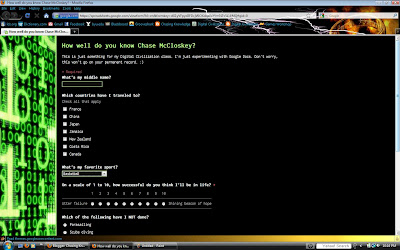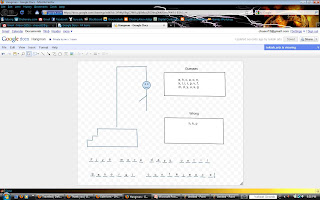In my Senior Seminar class in high school, one of the philosophers whose teachings we discussed was the Dalai Lama, both a religious and political leader of Tibetan Buddhism. One of the many virtues he promotes is altruism, which a friend of mine, Estée Arts, compared and contrasted to the teachings of Ayn Rand, a Russian-American novelist, philosopher, playwright, and screenwriter, on selfishness.
Rand severely criticizes the tradition of so called “altruistic” morality, and the lack of liberty it permits. When the Dalai Lama states that the “Basic joys and comforts of life such as food, shelter, clothing, and companionship are all dependent upon other sentient beings,” He is wrong in the way he chooses to state this. Although other beings may provide food and shelter, etc. via their career choices, it is still up to the individual to attain these things for themselves. Altruism emphasizes that you are supposed to help everyone, but it does not say exactly what you are supposed to do. True altruism consists of complete focus on another being. If the Dalai Lama believed in true altruism, he wouldn’t have the eight verses of Training the Mind on how to change your own attitudes and perceptions because evidently it really wouldn’t be about you, but about everyone else. But if everyone were to ask: “What do you want me to do?” Whomever they ask will reply, “Well it’s not about me, it’s about you. What do you want me to do?” and nothing will ever be done for anybody. The individual is responsible to do what is good (and rational) for themselves and this is what Rand says will result in happiness. If the welfare is not focused on the individual, there is a collapse in morality because in reality not only would the individual not be able to achieve exactly what is best for everyone else, but they would be left with their own wishes unfulfilled—and there’s the catch. It’s not about their wishes anyway: “He may hope that others might occasionally sacrifice themselves for his benefit, as he grudgingly sacrifices himself for theirs, but he knows that the relationship will bring mutual resentment, not pleasure—and that, morally, their pursuit of values will be like an exchange of unwanted, unchosen Christmas presents, which neither is morally permitted to buy for himself. Apart from such times as he manages to perform some act of self-sacrifice, he possesses no moral significance: morality takes no cognizance of him and has nothing to say to him for guidance in the crucial issues of his life; it is only his own personal, private, “selfish” life and, as such, it is regarded either as evil or, at best, amoral” (Rand, 1964). Where is the morality in this? This lifestyle diminishes human dignity and rights. When the individual is forced to rely solely on others to provide for them, they lose purpose. Now you may say that their purpose is for the common good, but in fact it is not. It has already been established that the individual is not capable of providing the desires of another being and is therefore useless to others and ultimately to themselves. This is why Rand argues that true morality is where individuals strive for their own (rational) wants. Rand characterizes altruistic beings as one who "permits no concept of a self-respecting, self-supporting man-- a man who supports his life by his own effort and neither sacrifices himself nor others. It means that altruism permits no view of men except as sacrificial animals and profiteers-on-sacrifice, as victims and parasites-- that it permits no concept of justice" (Rand, 1964).
Many of these thoughts tie in very closely with Adam Smith's idea of the free market. It's because of self-interest that the economy functions the way it does. People often dream about utopia's where everyone is willing to give everything for the good of others. Would that work? Even if we take money out of the equation, like the "gift market" is beginning to do, there would still be capitalist motives driving the economy. Until the Millennium, it seems that the only way to make up for the natural human instinct is to, indeed, capitalize on it and let the "invisible hand" do its thing.
P.s. I would really like some feedback on this one. I'm still trying to sort out my thoughts. And if you can't see two chunks of the quote, let me know. I was having some formatting problems with this one.



